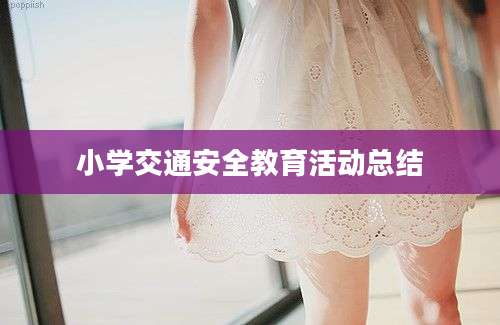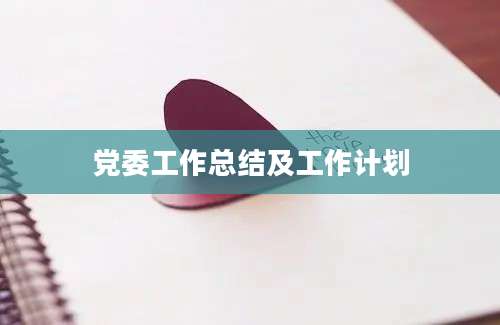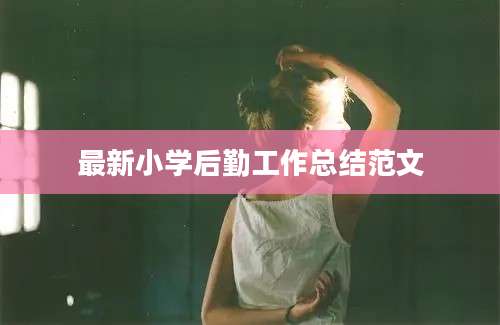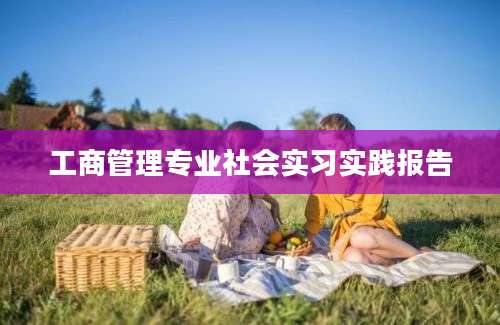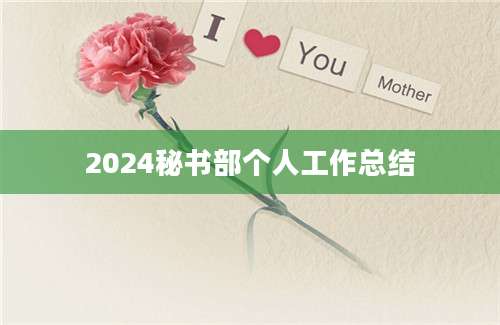Introduction to Traditional Chinese Festivals

Chinese festivals are an integral part of Chinese culture, embodying the essence of our history, customs, and values. These festivals not only enrich our lives but also serve as a bridge to connect people from different regions of China and to promote cultural exchange.
One of the most important festivals in China is the Spring Festival, also known as Chinese New Year. It marks the beginning of the lunar new year and is celebrated by billions of people across the country. Families gather to enjoy a sumptuous feast, wear new clothes, set off fireworks, and exchange red envelopes filled with money. The dragon dance and lantern shows are also popular during this time, symbolizing prosperity and good luck.
Another significant festival is the Dragon Boat Festival, which is held on the fifth day of the fifth lunar month. It commemorates the poet Qu Yuan, who drowned himself in the Miluo River to protest corruption. People race dragon boats and eat zongzi, sticky rice dumplings wrapped in bamboo leaves, to keep his spirit alive.
The MidAutumn Festival, celebrated on the 15th day of the eighth lunar month, is a time for family reunions and moon gazing. Mooncakes, round pastries filled with sweet or savory fillings, are the traditional food of this festival. The moon is considered to be at its roundest and brightest on this night, making it a perfect occasion for reflection and gratitude.
The Lantern Festival, also known as Yuanxiao Festival, marks the end of the New Year celebrations. It is a night for lighting lanterns, watching dragon and lion dances, and enjoying a variety of traditional snacks. The festival is named after the lanterns that are lit to symbolize light, hope, and good fortune.
These festivals, with their unique customs and symbols, are a testament to the rich tapestry of Chinese culture. They not only provide a sense of community and identity but also offer a glimpse into the heart and soul of our nation.
Common Questions about Traditional Chinese Festivals
1. What is the Spring Festival and why is it important?
The Spring Festival, or Chinese New Year, is the most important traditional festival in China. It marks the beginning of the lunar new year and is celebrated with family reunions, feasts, and various customs to bring good luck and fortune for the coming year.
2. What is the Dragon Boat Festival about?
The Dragon Boat Festival commemorates the poet Qu Yuan, who drowned himself in the Miluo River. People celebrate by racing dragon boats and eating zongzi, sticky rice dumplings wrapped in bamboo leaves.
3. When is the MidAutumn Festival celebrated?
The MidAutumn Festival is celebrated on the 15th day of the eighth lunar month, usually in September or October. It is a time for family reunions, moon gazing, and enjoying mooncakes.
4. What are the main customs of the Lantern Festival?
The Lantern Festival, also known as Yuanxiao Festival, involves lighting lanterns, watching dragon and lion dances, and enjoying traditional snacks. It marks the end of the New Year celebrations.
5. What is the significance of red envelopes during the Spring Festival?
Red envelopes, or hongbao, are given to children and unmarried adults during the Spring Festival. They symbolize good fortune and are filled with money, which is considered a gift of luck.
6. Why do people wear new clothes during the Spring Festival?
Wearing new clothes during the Spring Festival is a tradition that symbolizes starting the new year with new beginnings and good luck. It is believed to bring prosperity and happiness to the wearer.
7. What is the role of fireworks in Chinese festivals?
Fireworks are used to celebrate Chinese festivals as they symbolize joy, light, and good fortune. They are especially popular during the Spring Festival and the Lantern Festival.
8. What are zongzi and how are they made?
Zongzi are sticky rice dumplings wrapped in bamboo leaves and stuffed with various fillings such as red bean paste, meat, or dates. They are traditionally eaten during the Dragon Boat Festival to keep the spirit of Qu Yuan alive.
9. How do Chinese people celebrate the Qingming Festival?
The Qingming Festival, or TombSweeping Day, is celebrated by visiting the graves of ancestors to pay respects. People clean tombstones, offer food and paper money, and sometimes burn incense.
10. What is the history behind the Double Ninth Festival?
The Double Ninth Festival is based on the ancient Chinese belief in five elements and is celebrated on the ninth day of the ninth lunar month. It is a time for wearing chrysanthemum flowers, climbing mountains, and eating chongyang cake, which is made with chrysanthemum flowers. The festival is believed to promote longevity and ward off evil spirits.






